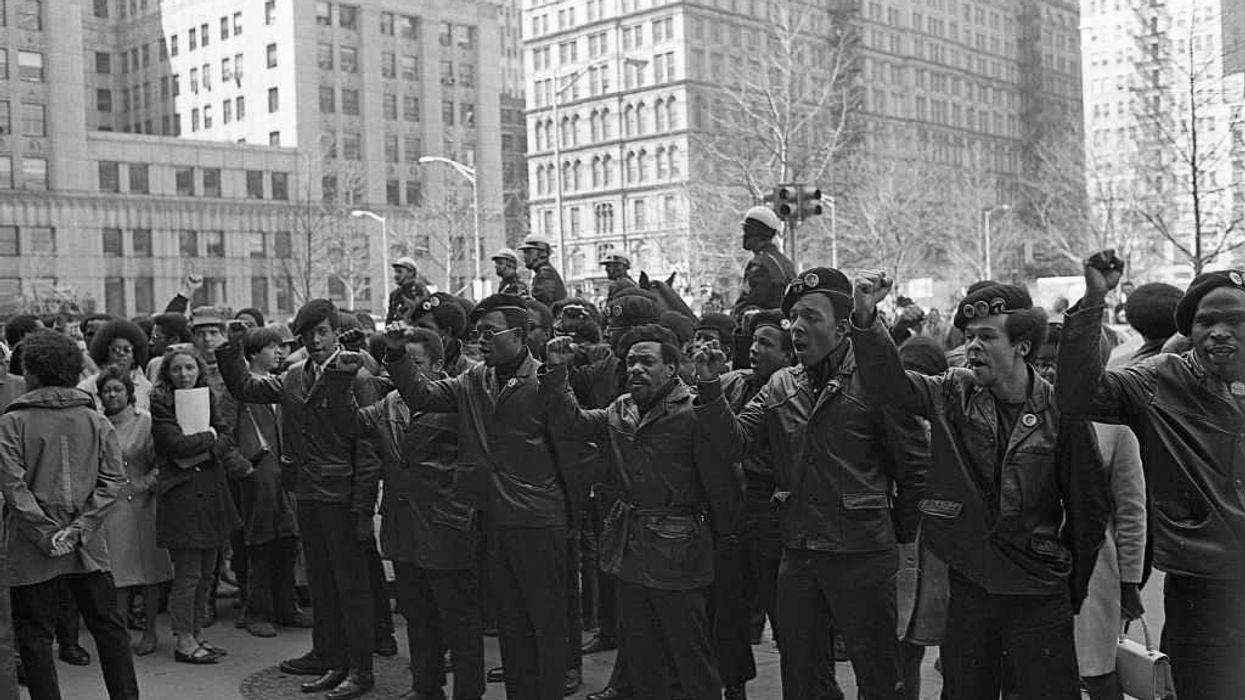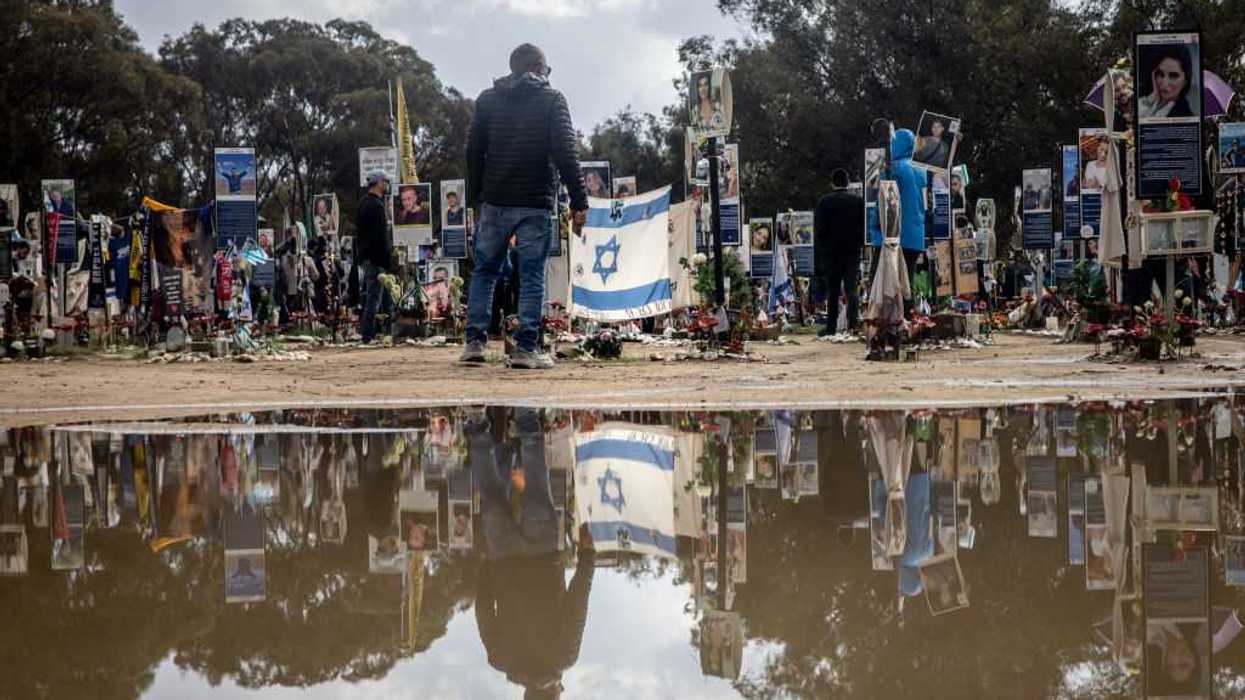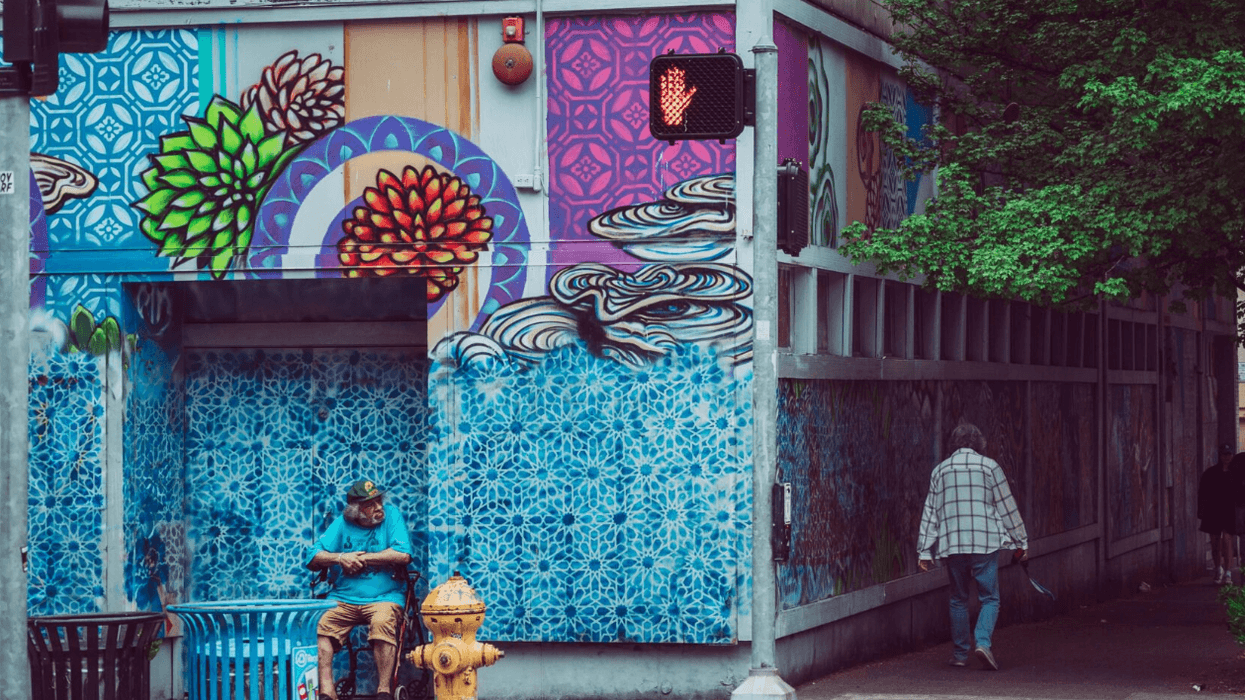The Black Panthers are arguably the most misunderstood social activist group in American history.
In the current American culture of heightened political violence, with two out of three Americans fearing that rhetoric is enhancing acts of violence, it is important to separate historic truth from misinformation.
Many identify the organization as a criminal hate group, but this is far from the truth. The Black Panthers served Black and low-income communities to fulfill the basic everyday needs of the people in those communities.
Their efforts are noted, and groups are replicating their efforts. A street in Chicago was recently named after Fred Hampton, the slain Black Panther Leader killed by police in 1969. The California Black Panther Party continues to organize community outreach today.
For decades, the Black Panthers developed community programs that included safety, healthcare, clothing, education, legal support, plumbing repair, pest control, prison busing, transportation services for senior citizens, and emergency medical services, among other initiatives.
The Black Panther Party developed these community programs out of necessity to combat the neglect of President Lyndon Johnson's War on Poverty to serve oppressed communities nationwide, impacted by systemic racism and white supremacy.
Of their community programs, the Black Panthers are most widely known for their free breakfast program for children. In 1969, this program was active in over two dozen cities and “fed over 20,000 children,” as reported in their newspaper the same year. This number only increased, propelling Jess Unruh, California State Assembly member, in 1969 to declare that the Black Panthers “have supplied more free breakfasts than the Federal Government.”
In addition to offering free breakfast for children, many may not be aware that the Black Panthers also established a free food program, providing groceries to the community at no cost. Addressing systemic concerns such as food insecurity, poverty, disenfranchisement, and structural violence was critical to the agenda of the Black Panther Party.
The Black Panthers understood that proper nutrition is essential for the body to function; therefore, access to adequate nourishment is a form of political empowerment. Life depends on it for optimal health—mentally, physically, psychologically, and spiritually. It is impossible to think if you are hungry.
The structural concerns that were the focus of the Black Panther Party still plague society in the political present. The cost increase of groceries, coupled with the recent implementation of tariffs, has made groceries unaffordable for many.
Like many urban cities, Detroit is plagued by the violent crisis of food deserts. Authority Health, a Detroit-based programmatic health promotion center, reports that “three in four residents” experience food insecurity due to limited grocery stores.”
As a result, Detroit food justice activists have reclaimed their community through the establishment of the Detroit People’s Food Co-Op, a grocery store founded on the principles of community care and mutual aid.
Launched in 2024, the Black-owned and community-driven business provides affordable, fresh food, job security, community events, and promotes health education to residents. Cooperative economics, member ownership, and a community space comprise its foundation. Membership costs $200 and grants the right to vote and participate in shaping the store's operations, including its products and customer service.
Some may argue that this grocery store and other initiatives across the country in their communal politics, health promotion, and accessibility standards are mobilizing in the spirit of the Black Panthers.
While many are newly learning about the positive legacy of the Black Panthers, dating back more than 50 years, efforts to repress that knowledge are in full bloom. Far-right political critics argue today that ethnic studies curricula that include history lessons on the Black Panther Party must be abolished.
In the era of political violence and cultural division, it is crucial to know and understand the truth and history, and to honor those who make a positive difference.
Mary Frances Phillips is an associate professor of African American Studies at the University of Illinois Urbana-Champaign and a Public Voices fellow with The OpEd Project. She is the author of Black Panther Woman: The Political and Spiritual Life of Ericka Huggins.





















